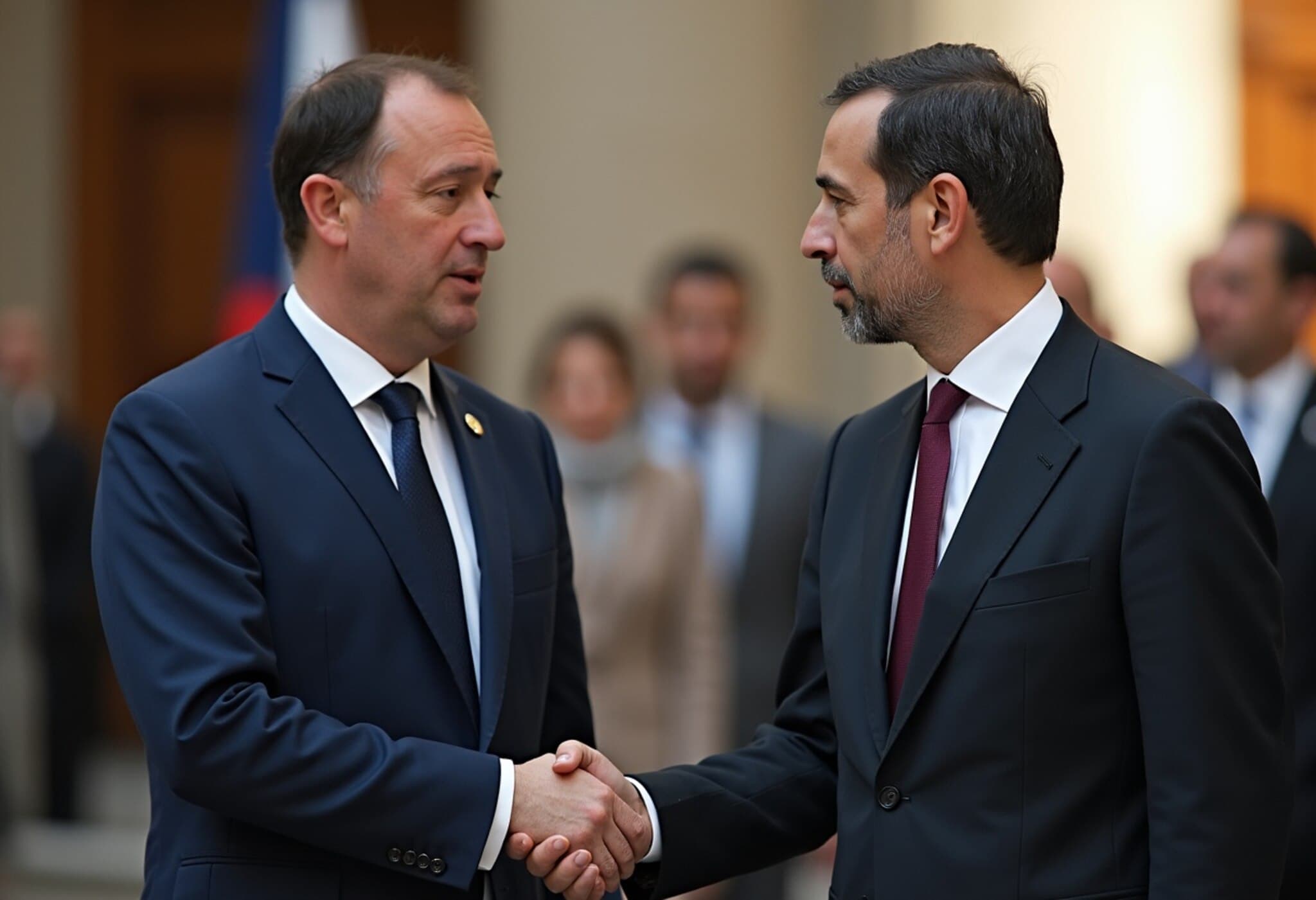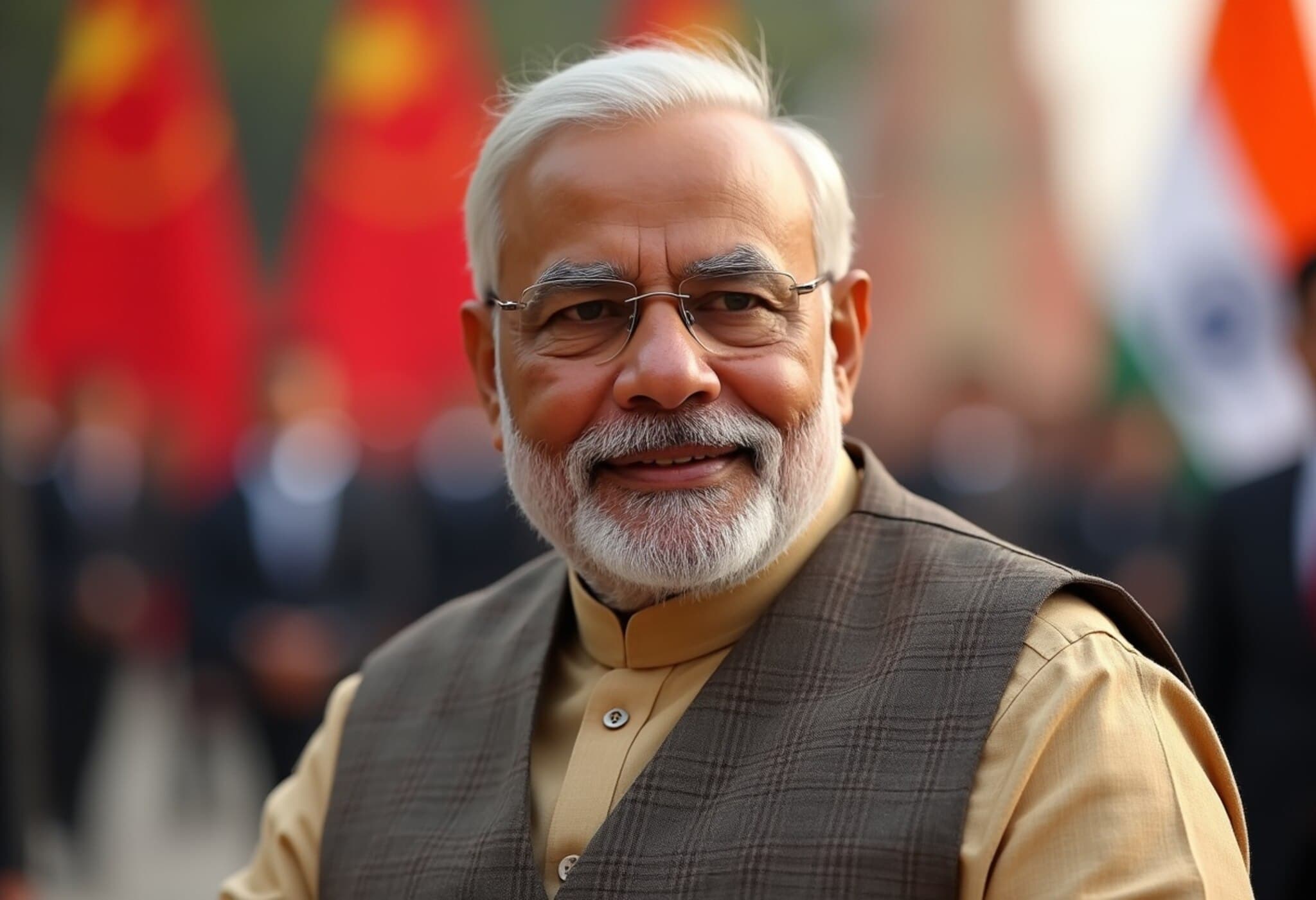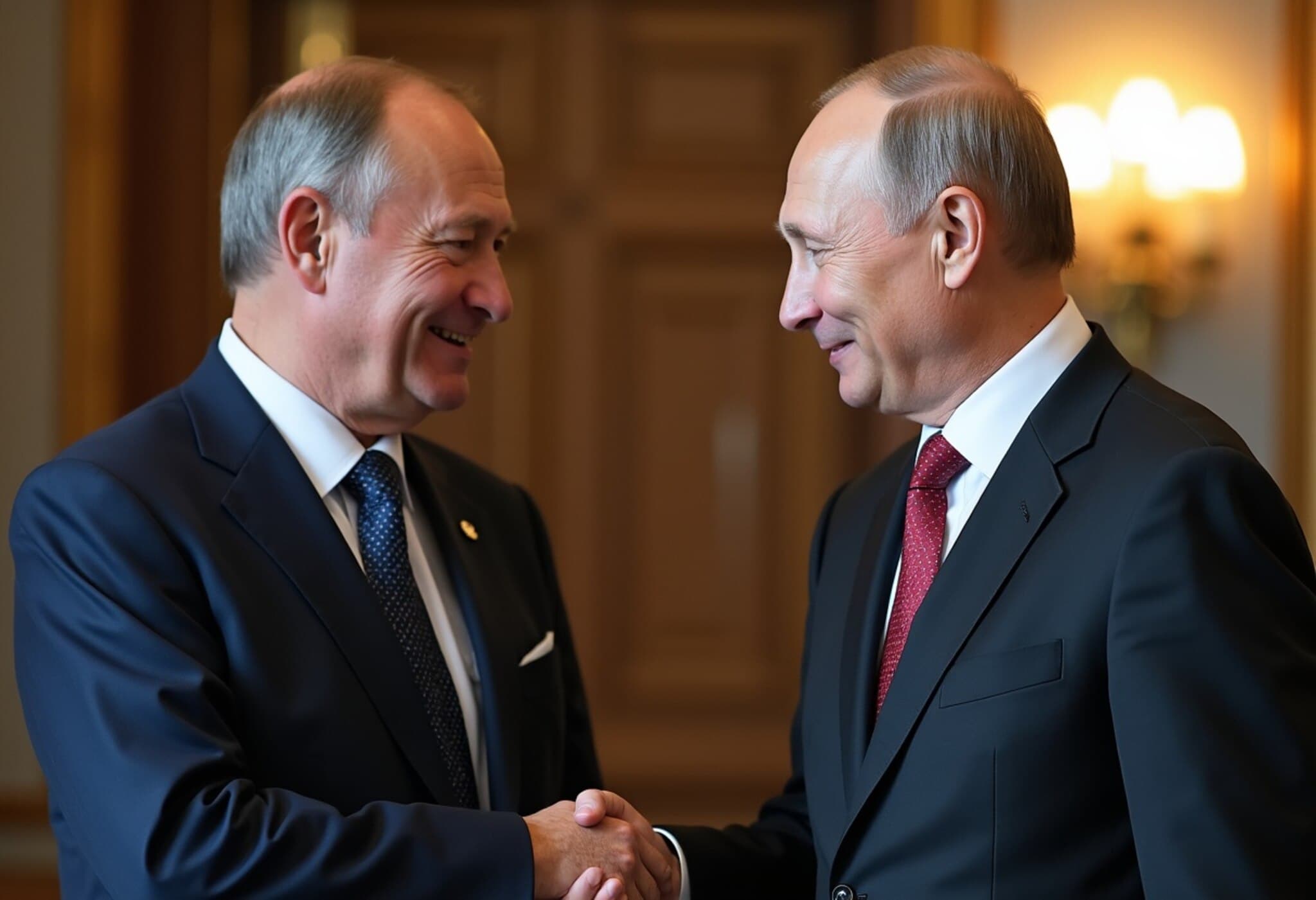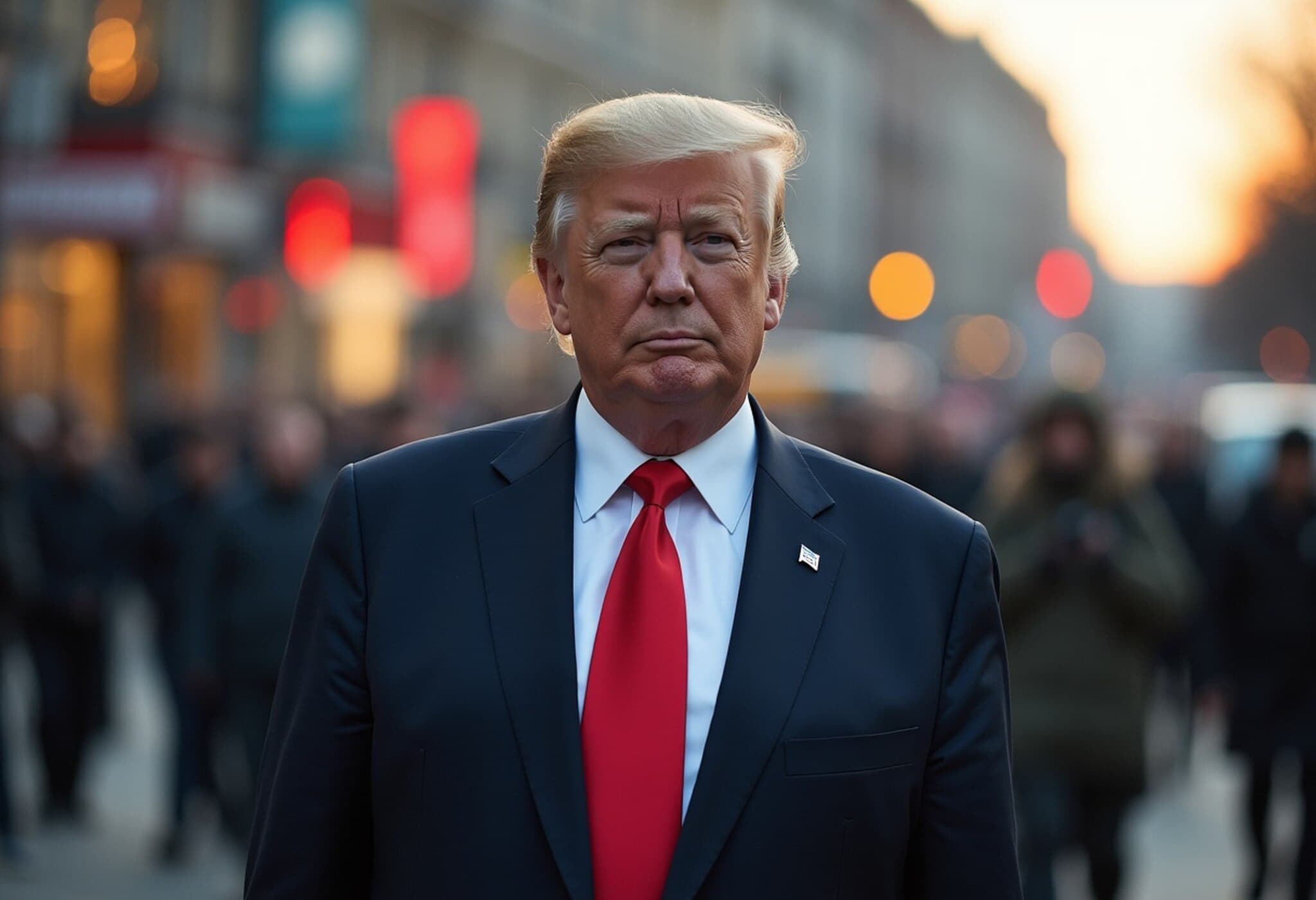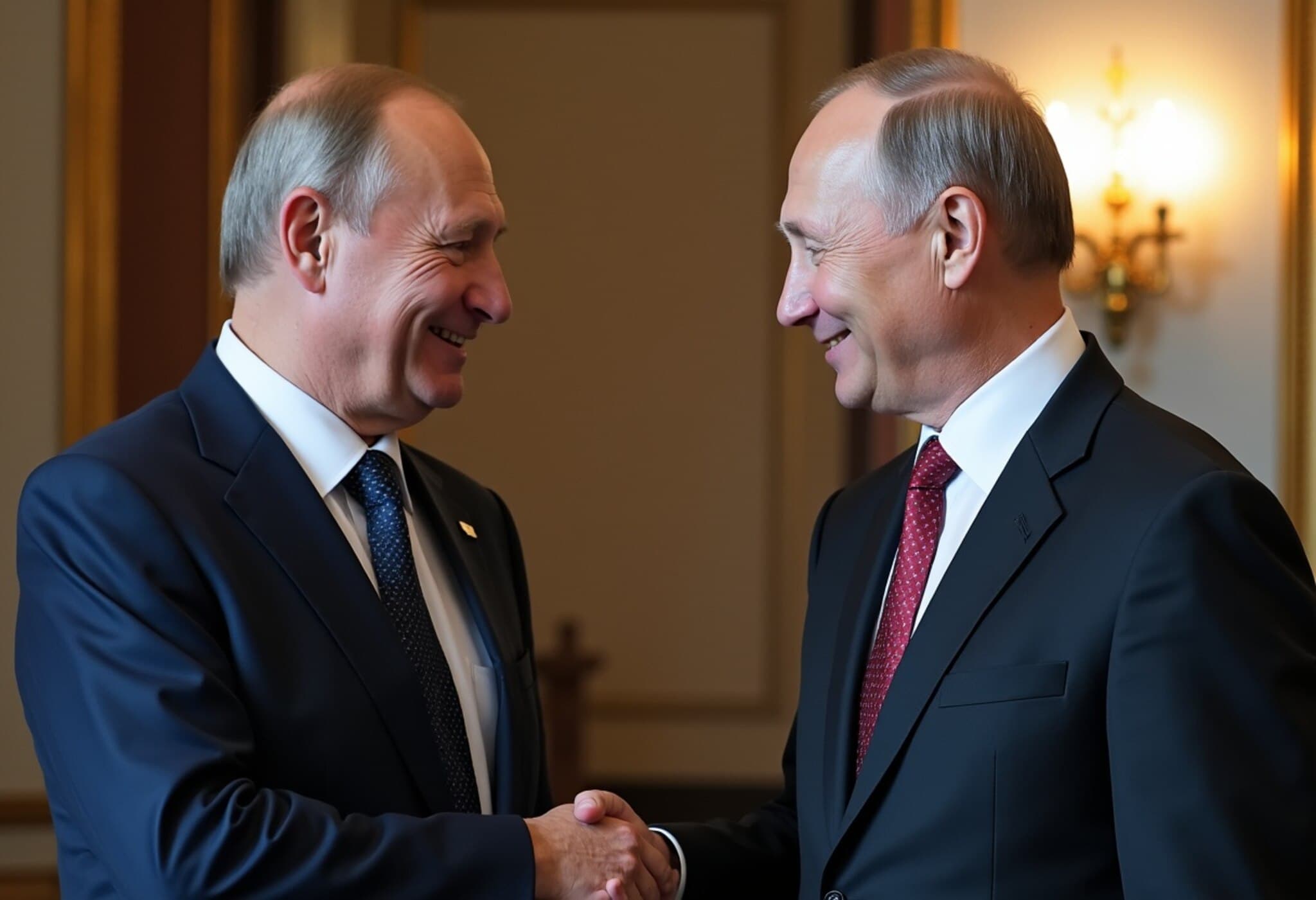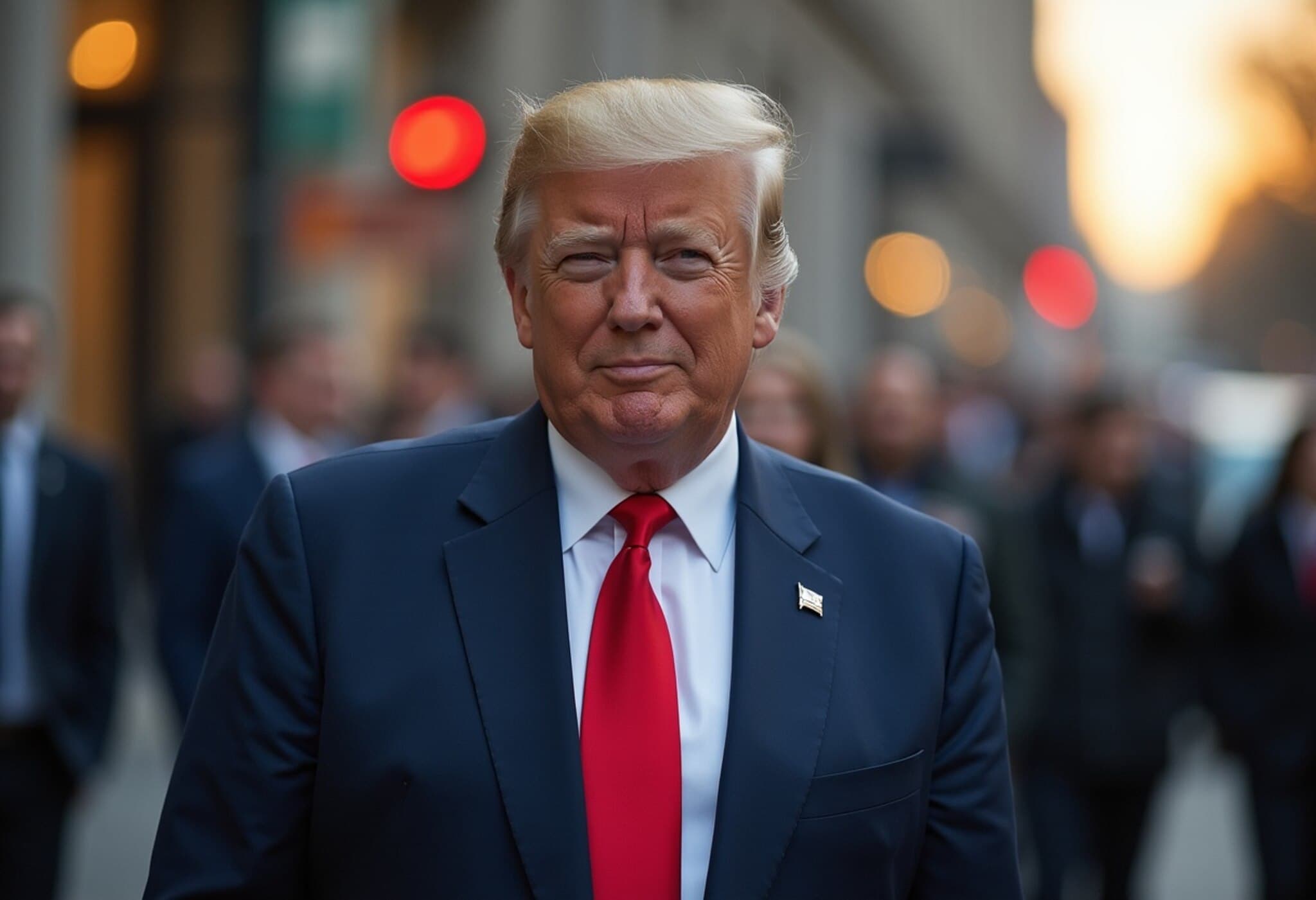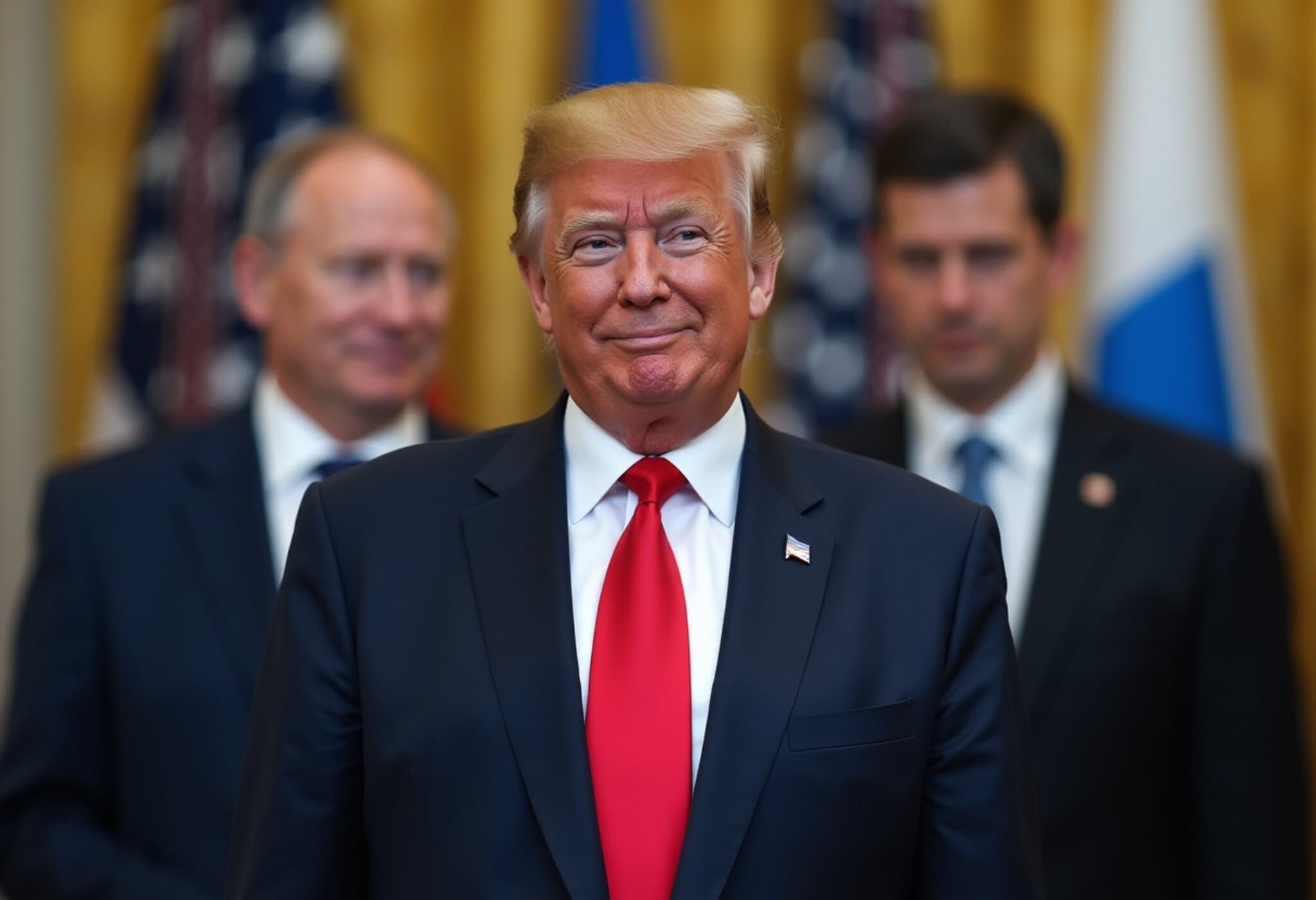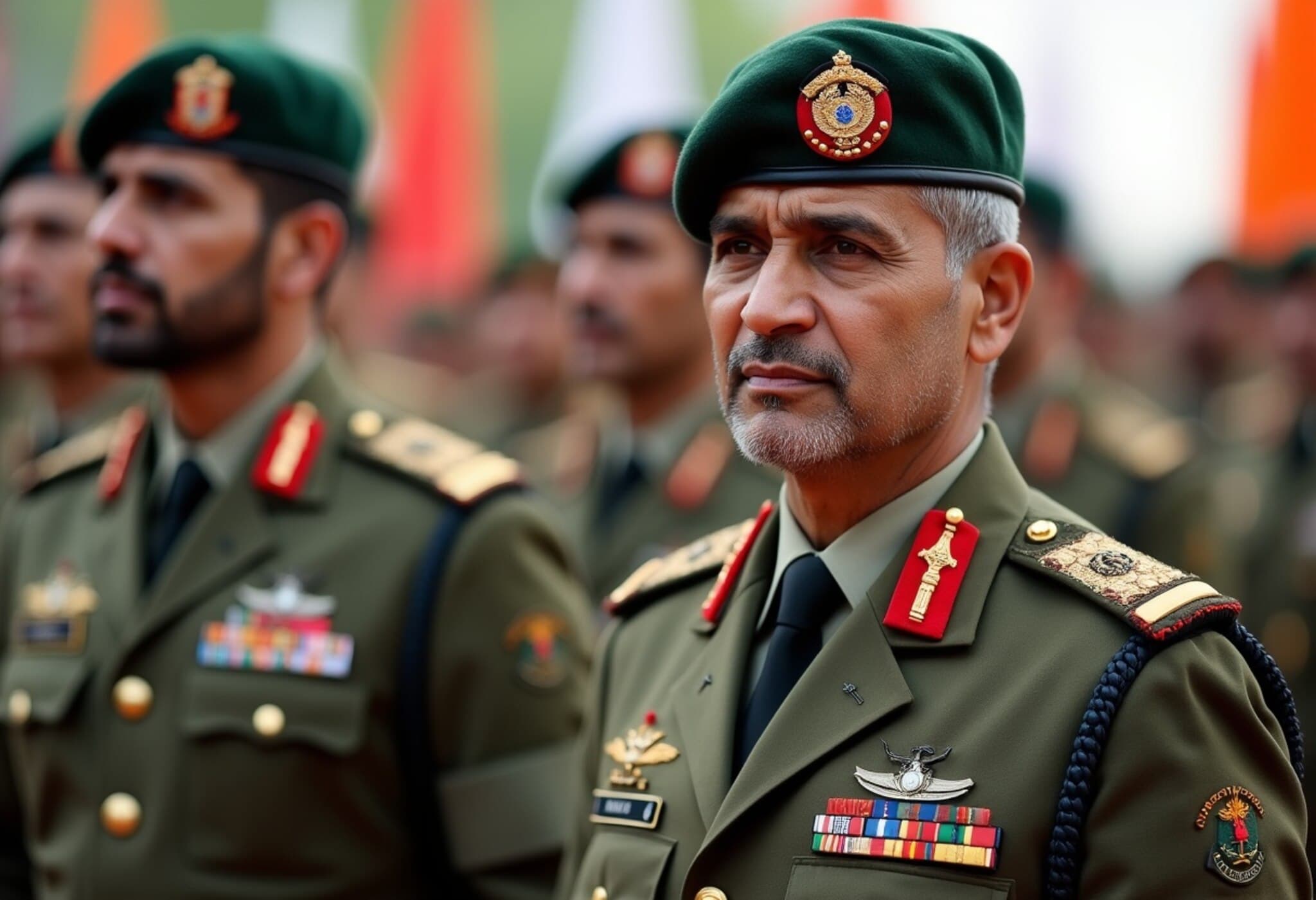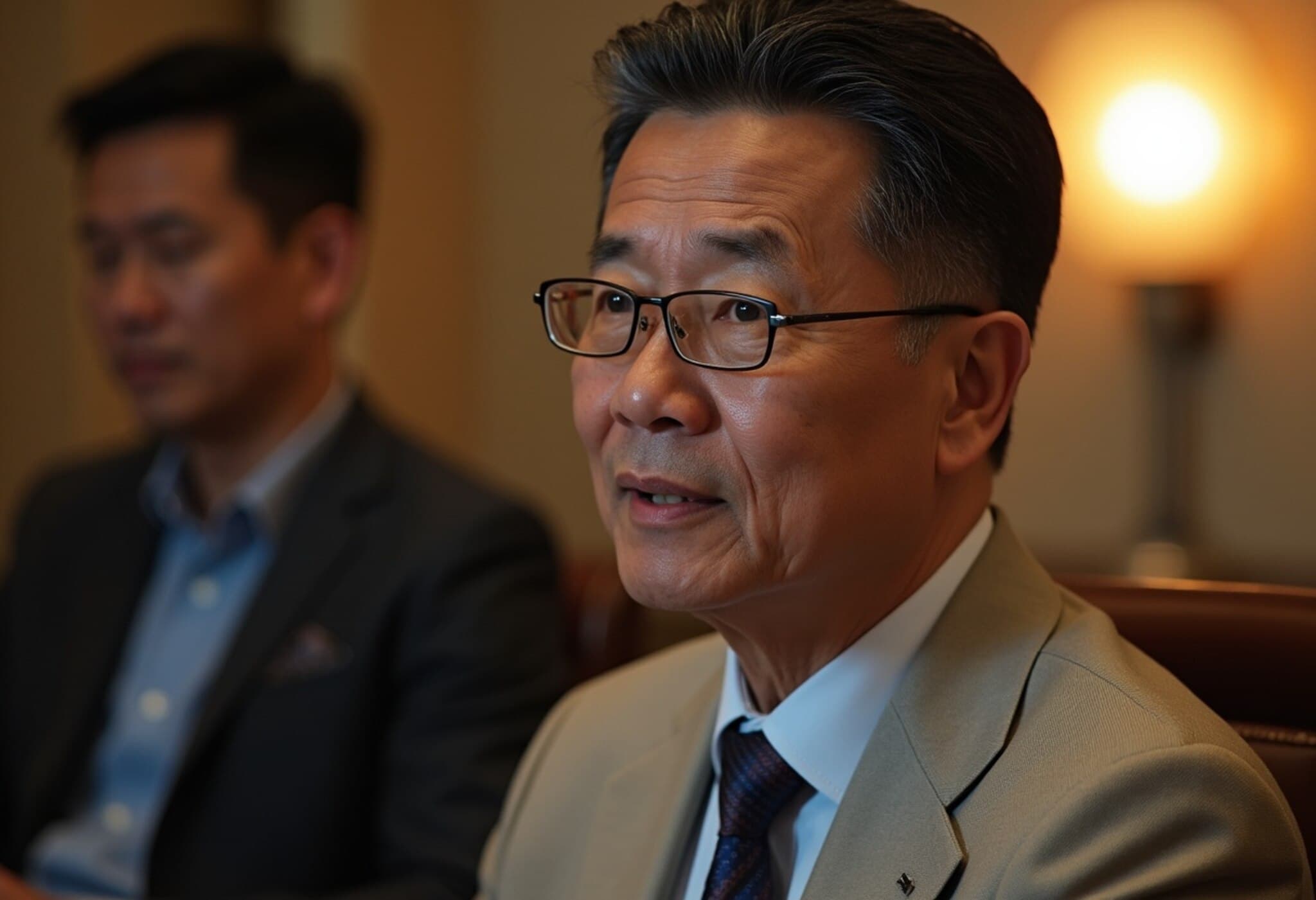France Halts Visa Exemption for Algerian Diplomats Amid Escalating Diplomatic Strains
In a significant diplomatic setback, French President Emmanuel Macron has announced the suspension of a decade-old visa exemption agreement for Algerian diplomats. This move deepens an already turbulent chapter in Franco-Algerian relations — a partnership historically marked by complex colonial legacies, migration challenges, and geopolitical sensitivities.
The End of a Ten-Year Agreement
Signed in 2013, the Franco-Algerian visa pact facilitated the movement of diplomatic and official figures between the two countries without the need for visas. Macron, in a recent letter to French Prime Minister François Bayrou, conveyed that Algeria would be officially informed about the termination of this agreement. “Algerian authorities have consistently declined our calls for cooperative dialogue,” Macron stated. “We are compelled to respond with firm measures.”
Algeria’s Retaliatory Measures
Algeria swiftly reciprocated by announcing plans to impose visa restrictions on French diplomats mirroring those now faced by Algerian officials in France. This reciprocal tit-for-tat signals a deterioration in diplomatic cordiality not seen in years, reflecting growing frustration on both sides.
Root Causes: Migration, Western Sahara, and Security Concerns
This diplomatic rupture cannot be viewed in isolation. Several issues have frayed the relationship since mid-2024:
- Western Sahara Dispute: France’s recognition of Morocco’s sovereignty over the disputed Western Sahara region — a key geopolitical flashpoint — has deeply upset Algeria, which supports Sahrawi independence movements.
- Migration Policy Disputes: French Interior Minister Bruno Retailleau has persistently criticized Algeria’s refusal to repatriate nationals ordered to leave France under the “Obligation to Leave French Territory” (OQTF) regime, complicating migration management.
- Security Incidents: The relationship soured further after Algeria detained Franco-Algerian author Boualem Sansal in November 2024, and following the arrest of an Algerian national in connection with a fatal knife attack in the French city of Mulhouse earlier this year.
Economic Interdependence Amid Political Strains
Despite these escalating tensions, economic ties remain substantial. Algeria is a major supplier of liquefied natural gas (LNG) to France, critical for Europe’s energy diversification efforts. French multinational TotalEnergies SE also continues to partner in sizable Algerian oil projects, underscoring mutual stakes in stability.
However, the suspension of the visa pact threatens to complicate not just diplomatic channels but also commercial and energy collaborations, injecting uncertainty into a relationship vital for both nations’ strategic interests.
Expert Analysis: What Lies Ahead?
From a geopolitical perspective, this diplomatic impasse reflects broader challenges in Franco-North African relations, rooted in colonial history, regional rivalries, and migration pressures. Experts emphasize that while firm stances may yield short-term leverage, durable solutions require nuanced engagement addressing mutual concerns.
Policy analysts caution that severing visa facilitation could hinder dialogue on critical issues like counterterrorism cooperation and migration management. Further, Algerian retaliation risks a cycle of diplomatic tit-for-tat that unsettles regional cooperation frameworks.
As Europe grapples with energy security amid global uncertainties, maintaining channels with key suppliers like Algeria remains a delicate balancing act. The international community will watch closely whether this diplomatic freeze is temporary posturing or an indicator of a long-term realignment.
Summary
France’s suspension of the visa exemption deal for Algerian diplomats marks a new low in a relationship already strained by geopolitical disputes, migration disagreements, and security incidents. With Algeria’s swift reciprocal visa restrictions, the diplomatic stalemate raises pressing questions about the future of cooperation between these historically entwined neighbors, especially against the backdrop of vital energy partnerships.
This development offers a prism through which to examine the evolving dynamics of post-colonial diplomacy in the Mediterranean. It underscores the enduring complexities of managing historical grievances alongside modern strategic interests. Readers may consider: How will this diplomatic rift affect migration flows and security cooperation? Can economic interdependence pave the way for a diplomatic thaw? Understanding these tensions is vital in appreciating the broader regional balance of power.

